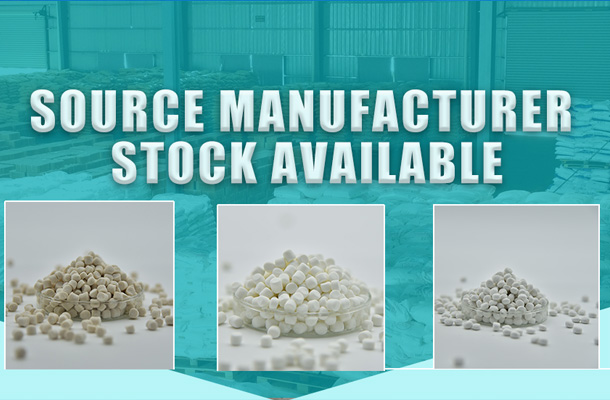C9 petroleum resin, derived from the C9 fraction of crude oil, is a versatile material that finds application in numerous industries due to its unique properties. Some primary uses of C9 petroleum resin include:
Adhesive Industry: As a tackifier, C9 resin enhances the stickiness and bonding strength of adhesives, particularly hot-melt adhesives and pressure-sensitive adhesives used in tape, label, and packaging applications.
Rubber Compounding: It acts as a softening agent and reinforcing filler in rubber compounds, improving the processability, flexibility, and durability of rubber products such as tires, hoses, and belts.
Coatings and Paints: C9 resin modifies the properties of coatings and paint formulations, improving their adhesion, hardness, scratch resistance, and resistance to chemicals and weathering.
Printing Inks: It is used in ink formulations to increase ink viscosity, improve pigment wetting, and enhance the adhesion of ink to substrates, resulting in better print quality and durability.
Sealants and Caulks: C9 resin contributes to the flexibility and adhesive properties of sealants and caulks used in construction for sealing joints and seams, providing waterproofing and weatherproofing.
Modified Asphalt and Road Markings: It can be blended with asphalt to improve its performance in road construction and maintenance, as well as in the production of thermoplastic road markings for enhanced durability and reflectivity.
Porous Materials and Filters: Due to its ability to form films and control porosity, C9 resin is used in the manufacture of porous materials and filters.
Friction Materials: In the production of brake pads and linings, C9 resin is used as a binder, contributing to heat resistance and wear properties.
Overall, C9 petroleum resin's compatibility with a wide range of polymers, combined with its adhesive, reinforcing, and modifying properties, makes it an indispensable component in various industrial applications demanding enhanced performance and cost-effectiveness.








